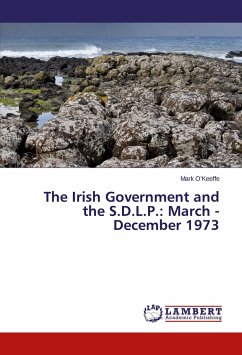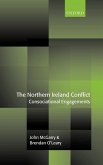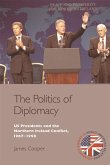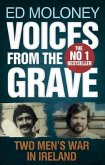This book provides a detailed account of the origins, course, and aftermath of the Irish civil war, 1922-3. Based on much recently released material, including the papers of Eamon de Valera, each chapter is devoted to a particular aspect of war, and political aspects of the civil war are systematically discussed.
Based on extensive archival research this book situates the Irish civil war in the general process of decolonization in the twentieth century, and explains why divisions over the Anglo-Irish Treaty of 1921 proved so formative in the development of the Irish state. Each chapter is devoted to a particular aspect of the war and many new areas are explored. These include the role the doctrine of self-determination played in the Sinn Fein movement, the fate of numerous peace initiatives,
the power struggle between de Valera and Liam Lynch within the IRA, and the impact of the civil war on the wider civil society. The last three chapters explore how the conflict has been interpreted by the actors themselves, as well as by historians. Combining perspectives drawn from history and
politics, this book will interest not only students of Irish history, but also those interested in the comparative study of civil wars.
Based on extensive archival research this book situates the Irish civil war in the general process of decolonization in the twentieth century, and explains why divisions over the Anglo-Irish Treaty of 1921 proved so formative in the development of the Irish state. Each chapter is devoted to a particular aspect of the war and many new areas are explored. These include the role the doctrine of self-determination played in the Sinn Fein movement, the fate of numerous peace initiatives,
the power struggle between de Valera and Liam Lynch within the IRA, and the impact of the civil war on the wider civil society. The last three chapters explore how the conflict has been interpreted by the actors themselves, as well as by historians. Combining perspectives drawn from history and
politics, this book will interest not only students of Irish history, but also those interested in the comparative study of civil wars.








